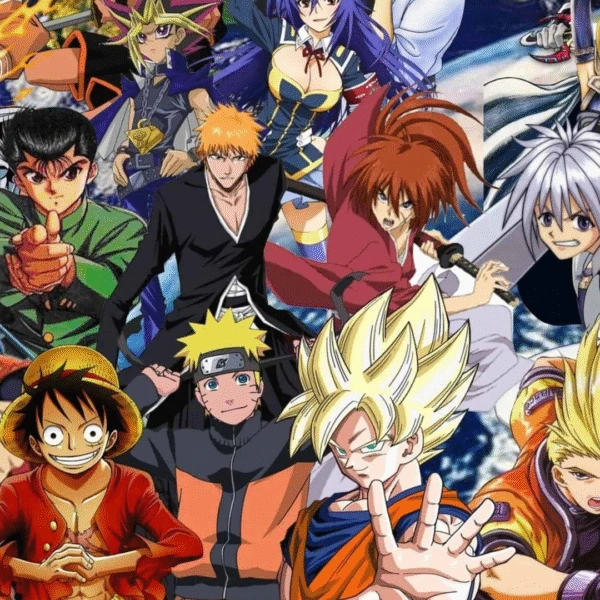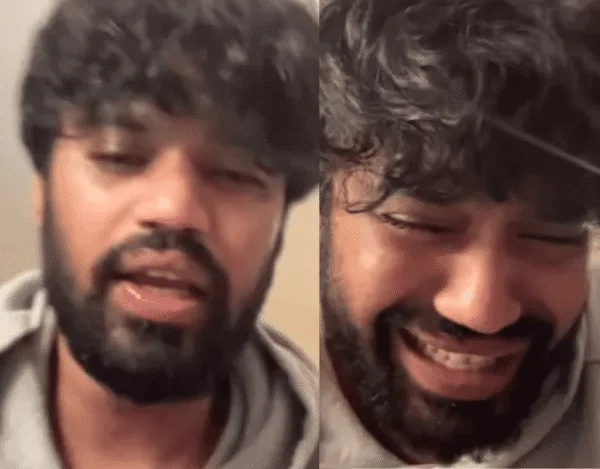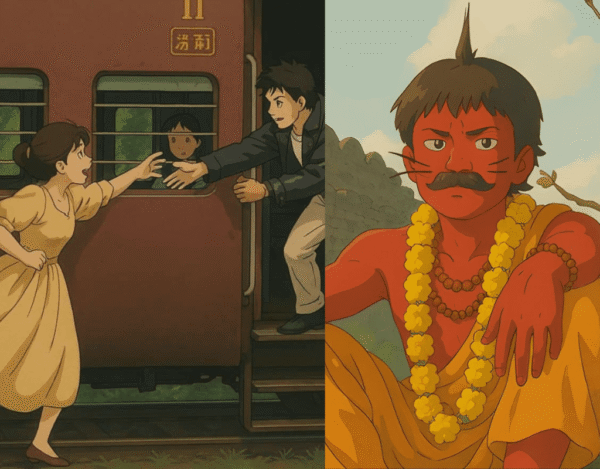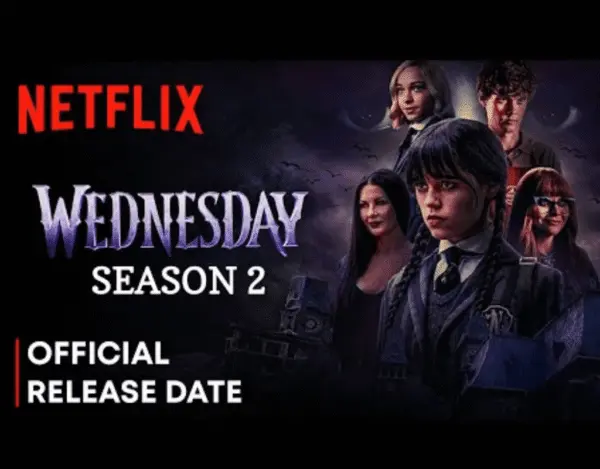Now Reading: How Ashish Chanchlani’s Witty Comment Sparked 5 Essential Discussions on Creator Accountability
-
01
How Ashish Chanchlani’s Witty Comment Sparked 5 Essential Discussions on Creator Accountability
How Ashish Chanchlani’s Witty Comment Sparked 5 Essential Discussions on Creator Accountability
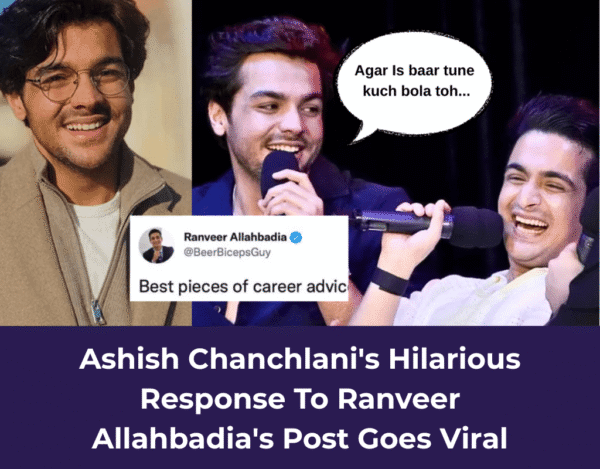
Ashish Chanchlani’s viral reaction to Ranveer Allahbadia’s scandalous comeback triggers laughter & controversy. Explore in-depth online outrage, creator accountability, and how public figures handle digital scandals.
Having fame in today’s digital world is no longer reserved for the privileged few. It’s available to anyone who’s quirky and unpredictably driven by what goes viral.
This both risks and offers opportunities for influencers. You can be hailed as a genius one day and plunged into a social media debacle the next. A recent debate on the YouTube channel India’s Got Latent between Ranveer Allahbadia, Ashish Chanchlani, and Apoorva Mukhija demonstrates how quickly public opinion can turn online. It also demonstrates how trust needs to be restored often through humor sincere humility, and exhibiting kindness.

Let’s dissect what transpired here and see what it teaches us about creating content managing crises, and how individuals behave in today’s digital environment.
What Kicked It Off: The “India’s Got Latent” Episode
A later deleted episode of India’s Got Latent caused a stir. Presented by comedian Samay Raina, the show featured a lively group of creators: Ranveer Allahbadia (BeerBiceps), Ashish Chanchlani, and Apoorva Mukhija (Rebel Kid). The show easy-going with a funny atmosphere, lived on witty humor and spontaneous moments.
This was a shocking turn of events. Ranveer posed a question to a participant that was deemed coarse, off-color, and crossing moral limits. Some on location tittered, but others online did not take kindly to it. The video went viral and provoked a storm of criticism. Instagram YouTube, and X (which was still referred to as Twitter) were flooded with comments pointing out how insensitive the question had been.
Soon enough, the criticism became official complaints. Hashtags on trending issues were born. Memes sprouted on all sides. But worst was the breaking of trust.
The Aftermath: Silence, Public Responses, and Real Lives Affected
In the hours that followed, the silence from the makers was deafening compared to the outrage itself.
Samay Raina took the hard decision. He deleted all the episodes from his YouTube channel and made a public apology. He owned up to his mistakes and promised to cooperate with authorities. Ranveer also came forward with an apology. He referred to it as a “lapse in judgment,” expressed his remorse, and promised to delete the offending material.
By the time he did this, the damage had already been caused.
Apoorva Mukhija explained how the incident had interfered with her private life. According to reports, she was forced to vacate her rented apartment due to safety threats and cyberbullying. The aftermath made things loud and clear. When online disagreements escalate, they don’t remain contained online. They trickle into the offline world affecting careers mental well-being, and even one’s sense of security and tranquility.
Ranveer’s Return: A Subtle Comeback, Huge Noise
Ranveer avoided social media posting for nearly a month. He returned with a contemplative post with some photos of his podcast team and dog. He expressed gratitude to people and indicated how much he has developed and during the hiatus in the caption. The post tone was sincere and introspective. Have a look-
View this post on Instagram
But what caught everyone’s attention was not the post. It was a certain comment.
Ashish Chanchlani popular for his funny acts and quick wit, had written a sultry line:
“Love you, but next time we meet, please don’t crack jokes near me.”

This line was shared around online in no time at all. People liked it repeatedly, shared screenshots, and sent it around everywhere. It was witty, cheeky, and had enough depth to gesture toward history without tipping over into nasty land.
The brilliance of Ashish’s remark wasn’t about the humor itself. It stood out because of its balance and delivery. He chose not to criticize or shame Ranveer. At the same time, he didn’t brush off the matter. Instead, he found a way to blend empathy with wit.
The public loved it because it seemed natural and authentic. It wasn’t preachy or setups and was not done for attention. It was relatable. Today when everyone is so hasty to judge, Ashish demonstrated to us that at times the best way to get your point across is through humor.
He didn’t bring humor; he also evoked emotions. That’s what it means to be a creator—it’s beyond just spitballing content.
Apoorva’s Thoughts: Standing United Through Challenges

While that was happening, Apoorva Mukhija responded to Ranveer’s post as well, but her response was of a different tone altogether. She left a comment, “LESSSSSGOOOO BIG BROTHER!”, which reflected her supporting him with love and encouragement. Perhaps she could relate to Ranveer’s ordeal better because she had gone through something similar as well.
In contrast to Ashish’s joking and humorous response, her own response came across as sincere. It illustrated how creators choose their own means of supporting each other—sometimes by sharing jokes sincere words, or even by not saying a thing. Every action has its own emotional connotation.
What This Illustrates: Taking Ownership of Digital Faux Pas and the Long Road to Redemption
This entire episode is not merely about a bad joke. It’s emblematic of the digital era where, once released, you no longer have control over it.
These are the key takeaways:
1. Words Carry More Weight Online
A joke between friends may not register. But when it’s posted online for millions of people to read, every phrase counts. What is a risk-taking joke to one can be hurtful to another. The internet has a memory and gives things a pass.
2. Apologising Must Be Followed By Action
Ranveer’s apology was a good start. But all it takes is public opinion that words are no longer enough. Deleting the video distancing oneself from social media, and waiting for time to heal wounds were wiser decisions than acting.
Actions today, not good intentions, define reputations.
3. Humor Can Fix Things — But It’s Tricky
Ashish was successful because he combined emotions with humor. He showed that humor when executed has the ability to mend social tensions. However, if employed, it may prove counterproductive.
4. Having a Support Network Counts
Apoorva’s constant support reminds everyone that creators are human first. Online hate pushes people to feel alone. Having someone by your side even in a virtual way, changes things. This becomes even more important when the audience turns against you.
5. Audiences Are Changing
What was funny four years ago is now bringing lawsuits. Audiences nowadays are more sensitive more critical, and faster to call out material that fails. Creators must change to meet these new demands.
Caring about sensitivity isn’t restrictive — it demonstrates maturity and empathy.
What’s Next: Will There Be Forgiveness, Change, or Bigger Problems?
Ranveer’s return to creating content brings skepticism, but it provides an opportunity to begin anew. It is his opportunity to rebuild with caution and integrity.
The Supreme Court permitted him to continue his podcast with stringent terms. They also reminded him to remain within what’s and acceptables. This ruling transcends legal boundaries and brings about society’s expectations.
If Ranveer makes the most of this moment as an opportunity to redeem himself and changes his approach, he may find himself redeemed. If he doesn’t, then people may continue to question him.
Ultimately, People Are More Important Than Platforms
This narrative reveals the human aspect of going viral. Behind the humor and indignation, we have real human beings. They have feelings, loved ones, flaws, and shortcomings.
Ranveer stumbled. Ashish cracked a joke. Apoorva stood firm. All of them dealt with things in their own way. In the end, they taught us something uncommon: what it is like when internet stardom extinguishes and how a person is able to get back up again.
Perhaps next time we hear about some drama online, we’ll pause. Not to judge, but to attempt to get the larger picture.



